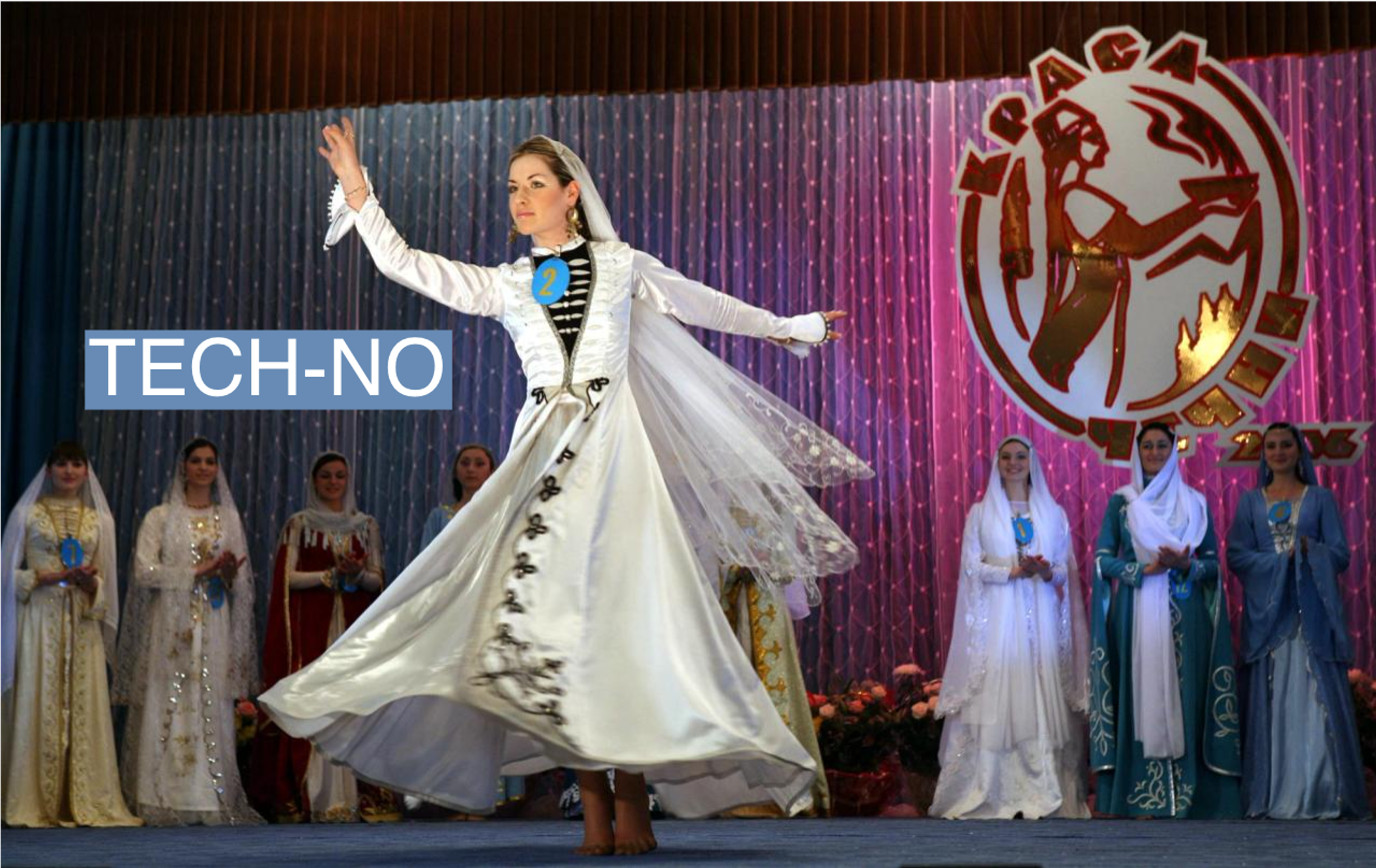The News
The Russian republic of Chechnya is banning songs that it deems to be either too fast or too slow, in an attempt to quash Western influences.
Minister of Culture Musa Dadayev said that “all musical, vocal and choreographic works should correspond to a tempo of 80 to 116 beats per minute,” in order to make music “conform to the Chechen mentality.”
“Borrowing musical culture from other peoples is inadmissible,” he said.
SIGNALS
Authoritarian leader pursues ‘traditional’ cultural agenda
Since coming to power in 2007, Chechen leader Ramzan Kadyrov has cracked down on civil liberties in the heavily conservative, majority-Muslim region in the name of “tradition” and cultural norms. The campaign of oppression has included a violent crackdown on gay men, pushing women to wear “modest” clothing that covers their bodies, and now, barring music that does not conform to the traditional Chechen range of 80-116 BPM range, according to The Moscow Times. “A people who have lost their national dances, rhythm, and music cease to be a nation,” Kadyrov once wrote on Instagram, where he had over a million followers before being kicked off the platform.
Many popular Western hits are out
The new rules mean that much techno music — which has its own vibrant scene in Russia — is now outlawed in Chechnya. “Techno is a bit over-saturated at the moment anyway, and if the Chechnyan Ministry of Culture is making more space for soulful house, that’s a forward-thinking initiative which should be applauded,” Dazed quipped. Ironically, in also banning slower songs, the new rules would appear to outlaw the Russian national anthem, which is typically performed at 76 BPM. Also out? Taylor Swift’s Shake it Off and Cruel Summer, which are both too fast. Beyoncé’s Single Ladies also wouldn’t make the cut, but it’s safe to put on Texas Hold ’Em or Halo.
Musical censorship a hallmark of oppressive regimes
While a restriction on specific tempos might be a first, government censorship of music is nothing new. In Afghanistan, the Taliban has restricted people from playing and listening to all forms of music. Countries including Cuba and Russia have canceled concerts and arrested rappers over lyrics that express political dissent. And China has intensified its crackdown on musical acts to ensure they adhere to government ambitions and messaging. “Dictatorships have always sought to control people’s entertainment, speech, laughter and tears,” a former journalist and political commentator in China told The New York Times.

